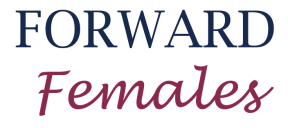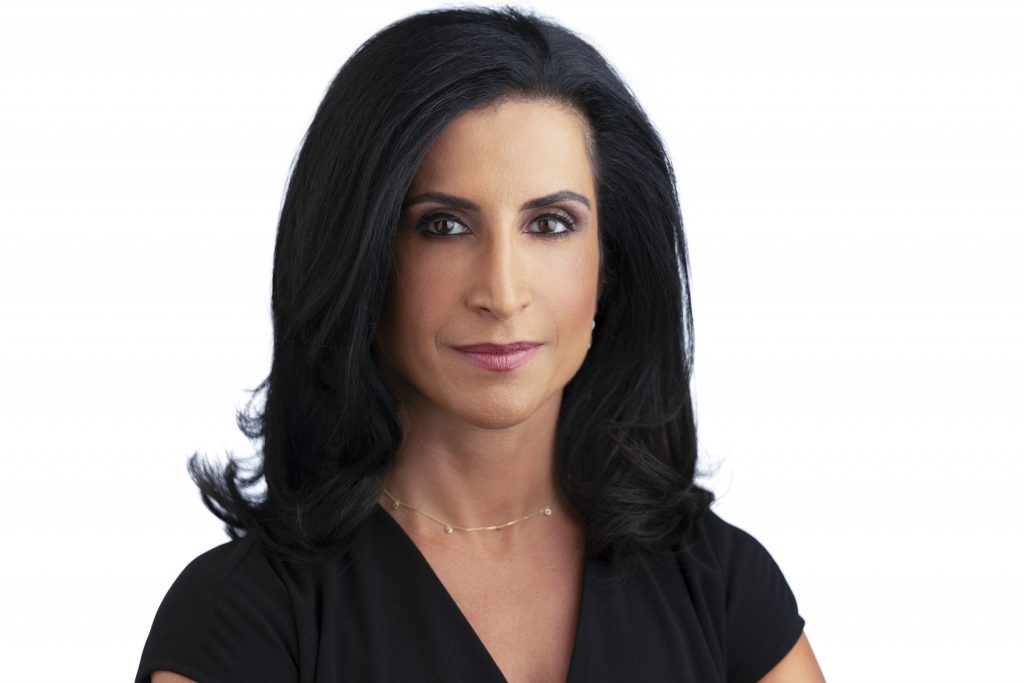
Mori Taheripour teaches Negotiation and Dispute Resolution for the undergraduate and graduate programs at The Wharton School of the University of Pennsylvania. She is a six-time recipient of awards for excellence in teaching. In 2004, Taheripour co-founded the Wharton Sports Business Initiative (WSBI). She is a business consultant and has worked with clients including Major League Baseball (MLB), NBA Players Association, National Football League (NFL), Goldman Sachs Foundation, and United Parcel Service (UPS) among others. Taheripour was appointed the first-ever Senior Advisor for Sport for Development at the United States Agency for International Development (USAID) in 2010. She served as the senior U.S. Government Representative tasked with promoting sport as a tool in the advancement of U.S. international development goals. Her first book, Bring Yourself: How to Harness the Power of Connection to Negotiate Fearlessly was published in March 2020.
How did you become a negotiation expert and sports business consultant?
My parents wanted me to go to medical school and though I didn’t want to become a doctor, public health appealed to me. I worked for an organization that dealt with public health for at-risk communities and it was an opportunity to see the health disparities around the world. I then started a consulting practice around big social marketing and education campaigns.
I’ve always been interested in sports. When I started my company, I was able to work with Earvin “Magic” Johnson and other sports celebrities on different campaigns. I love the power of the sports industry. Sports can influence people in a really positive way by raising awareness and changing behaviors.
After five years of running my company I decided to go to business school. Shortly after I got to Wharton, the university launched the Wharton Sports Business Initiative. It was a great way to blend my interests. I worked with professional athletes and trained them to be better decision makers and ready for life after sports.
How can sports play a role in the advancement of international development goals?
Sports can represent leadership development and teach health practices. Sports can serve as something hopeful and uplifting when all else is lost. When I became the Senior Advisor for Sport for Development at the United States Agency for International Development (USAID), I witnessed how sports could advance various international development objectives. In some regions we used sports to foster peace and bring together disparate communities. In other regions, we were focused on female empowerment and helping young girls feel strong. I was a sports evangelist and saw firsthand how it can be a universal platform and an incredible tool.
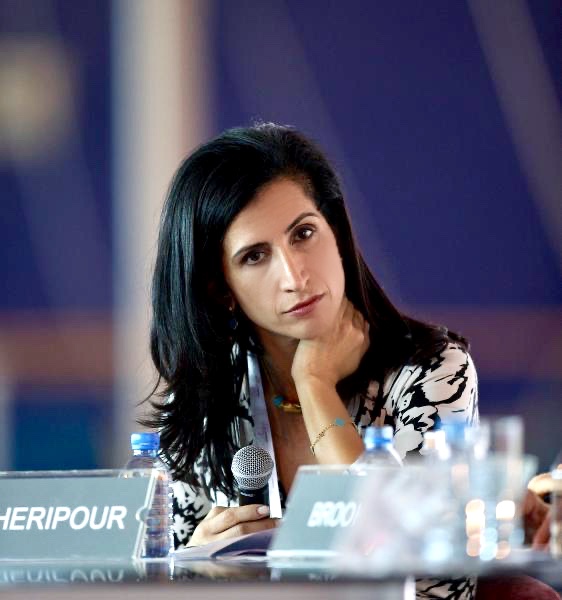
What has your experience been as a woman in this field?
Sports is a male-dominated industry. I see the challenges, but I also see change, and I’m celebrating the cracks in the ceiling. I’ve never been hung up on my gender. I believe in showing up as the best professional that you can be. I always saw being female as an opportunity to change minds and hearts. If you’re self-confident and open to possibilities that come your way, your career can be so rich.
What are some of the misconceptions of negotiations?
There is this notion that only a certain type of person can be a good negotiator. You’re not born a good negotiator – it’s a learned skill.
Another myth is that you have to act a certain way – more aggressive, more contentious, and focused only on your own goals. Instead, there is a whole human element to it. Relationships and the way you treat people matter.
We need to change the perception that a successful negotiation means winning. What does “winning” even mean? I don’t like that term. Someone doesn’t have to “lose.” Success is actually finding mutually beneficial interests.
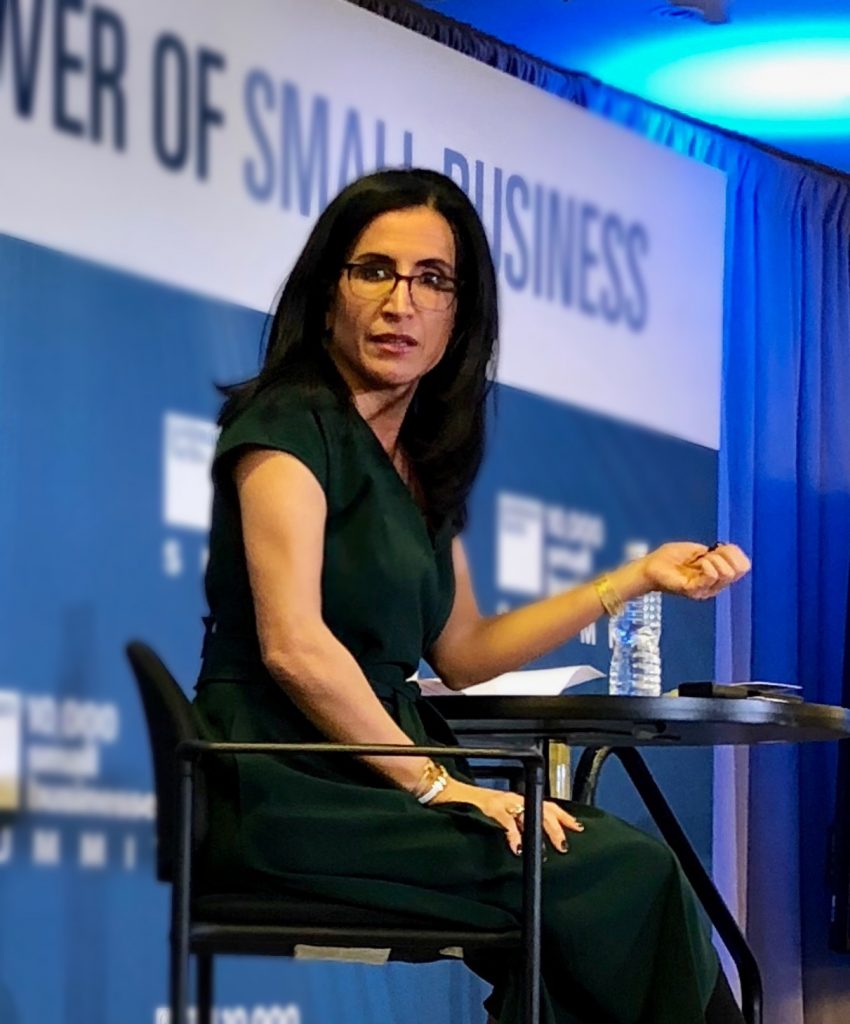
How has negotiating evolved over time?
Negotiating has become so contentious that we can’t even have conversations with people who are different. We’re not hearing and listening to one another. It’s exhausting to focus on differences. It’s also extremely difficult to change people’s minds. Now is the time to better understand each other.
How has the covid pandemic affected your work?
I launched my book right at the beginning of the pandemic. I stopped traveling. We had to pivot from traditional book events and book signings to turning everything virtual. Although it’s harder to sit in front of a computer screen for consecutive hours, I can reach broader audiences now.
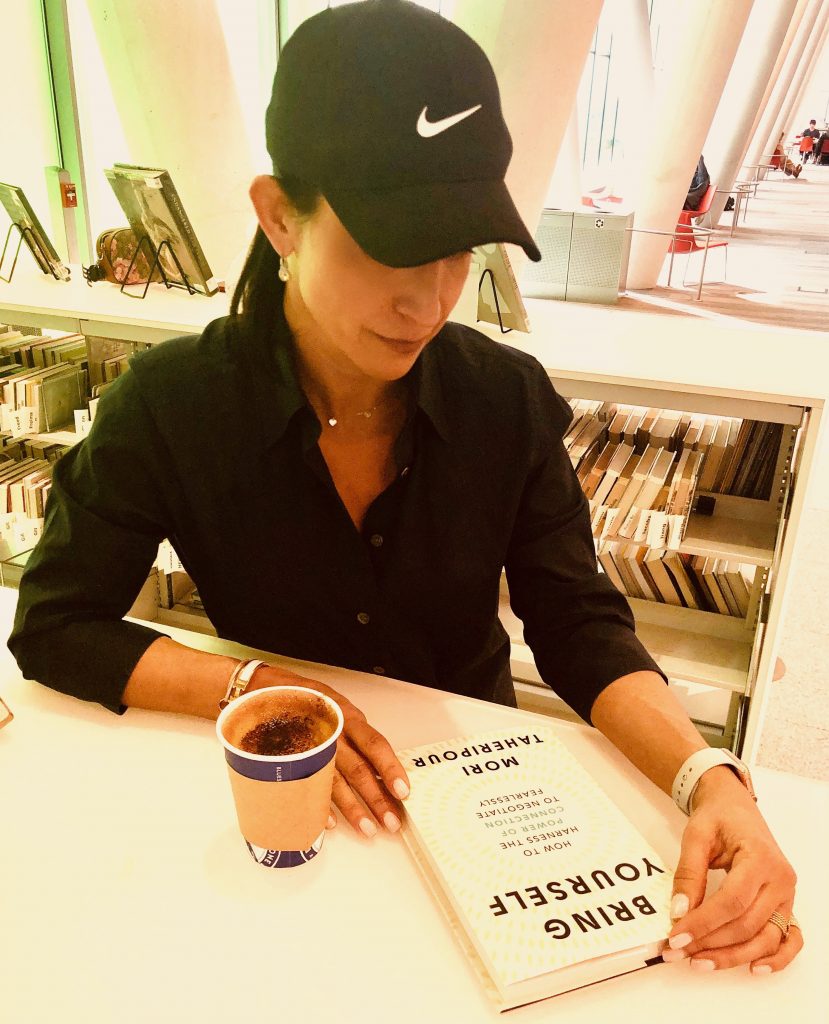
What is it like teaching at a university during this time?
All of my teaching is done virtually so there are new challenges. I used to ask all of my students to put their devices away in the classroom so they could be present. There are more distractions now, but you have to shut off the distractions and focus harder in order to engage. There’s a greater sense of connection and intimacy when you dedicate yourself to being present. It’s a form of self-care to focus on your learning and these conversations. Listening is so much more important. Spending time with people, even if it’s virtually, is critical. We crave a sense of belonging.
Have you noticed any changes in the way the student body learns and engages with the material over the years?
Academics can’t operate in a bubble. Whatever is happening outside of the classroom affects the inside of the classroom. For example, politics and immigration issues impact students – how they feel and how they think. A classroom is a microcosm of the greater society.
Teaching is water for my soul. I take my students’ emotional temperature. Especially during the time of George Floyd and Black Lives Matter I couldn’t enter a class and pretend everything was normal as usual. You need to ask them how they’re doing and tap into their hearts and minds. My students want to be heard and seen in a nonjudgmental environment. I allow students to speak their minds. I want them to be empowered to communicate their perspectives and be vulnerable.
What life experience has had the greatest impact on you?
I was diagnosed with MS in 2010. It has made me prioritize my health and made me appreciate my physical strength. It was life changing – but for the better. I learned to tell my story in a way where it didn’t define me. From that day on I stopped taking my wellbeing for granted.
